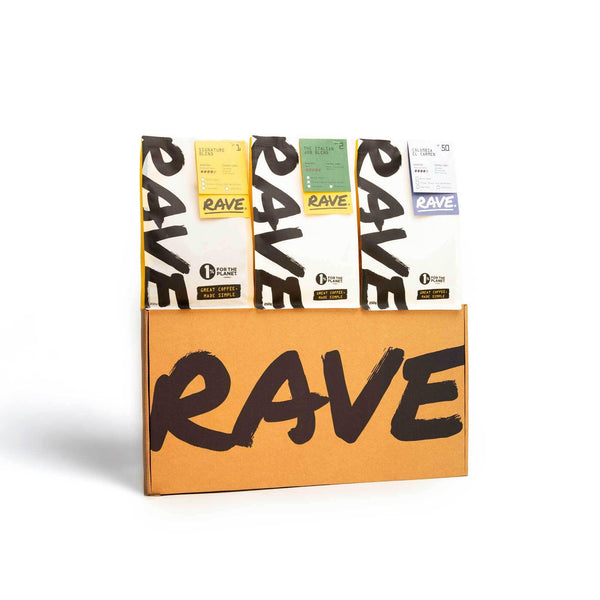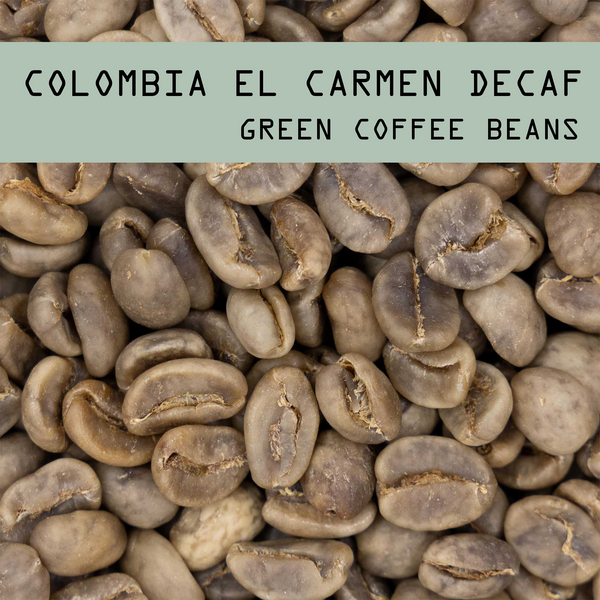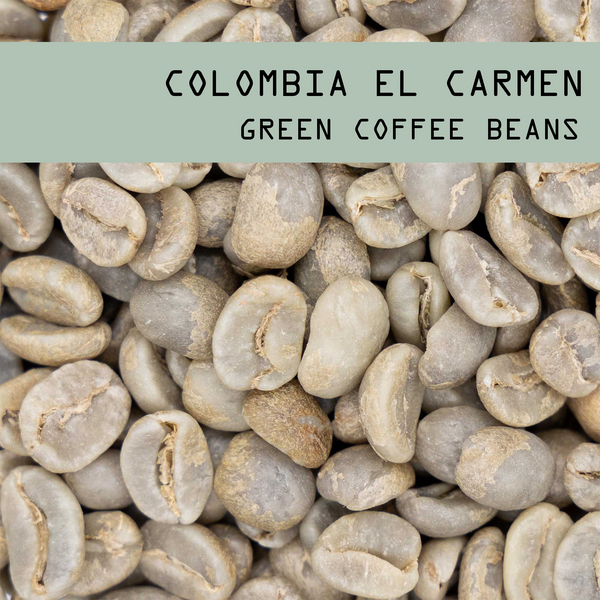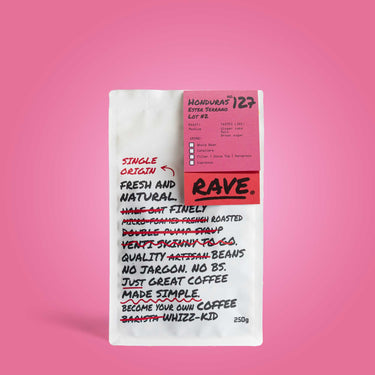History of Coffee in Costa Rica
Costa Rica was the first Central American country to establish coffee as a real bonafide industry, largely as a result of government intervention.
It began in the late eighteenth century when arabica coffee beans arrived direct from Ethiopia to be grown in the Meseta Central which had the perfect soil and climate conditions for coffee plantations.
The government offered farmers plots of land to anyone who wanted to grow the stuff, and by 1829, Costa Rica's coffee revenue surpassed that of cacao, tobacco and sugar.
Things really took off in 1843 when the British captain William le Lacheur Lyon sent a shipment of coffee to the United Kingdom, sparking a wave of British investment in Costa Rican's coffee industry.

These traders, along with Costa Rican's intrepid coffee growers, truly transformed the Costa Rican economy.
Being in coffee meant being part of high society, and helped modernise the country. Its revenue went to building railroads, theatres and even sending aspiring intellectuals to Europe for study.
Not that it's been all smooth sailing, as Capt'n Lyon would say. Price fluctuations in the global coffee market have a direct impact on Costa Rica's economy. In 1983, a major blight saw coffee prices plummet 40%.
But in 1989, Costa Rica joined Honduras, Guatamala, Nicaragua and El Salvador to establish a Central American coffee retention plan to moderate production and ensure market stability.
Costa Rica's most recent challenge is urban sprawl: as cities have expanded into the countryside, poorer coffee plantation owners have been forced to sell their land.
Costa Rica is also currently suffering from the spread of a coffee fungus that could destroy 12% of Costa Rica's coffee in 2013/2014 harvest.
Still, coffee remains Costa Rica's number three export. There are now roughly 78,000 coffee producers, over 100 processing plants, over 100 roasters and 30 exporting companies.
Characteristics of Costa Rican Coffee
Overall, Costa Rican coffee is considered to be some of the best in the world, thanks largely to Costa Rica's growing conditions which make it pretty difficult to go wrong.
Costa Rica is dominated by a high volcanic mountain range in its centre, trailing off down to both the Caribbean and Pacific Coasts.
More than 70% of Costa Rica's coffee production comes from these mountains at about 1,000 to 1,700 meters above sea level, where tropical acidity, stable sunlight and rich soil make for ideal coffee growing conditions.
The flavour of a specific Costa Rican coffee depends largely on its altitude, with regions grown at higher altitudes generally being regarded as those producing better quality coffee.
It also depends on the variety of arabica coffee being grown, with Caturra being highly regarded for its good body, rich flavour and crisp acidity.

There are seven main coffee growing regions is Costa Rica, with Tarrazu and Tres Rios being particularly well-regarded, both producing coffee known for their high acidity, distinct aroma and body (Tres Rios is considered by some to be "the Bordeaux" of Costa Rican coffee).
One of Costa Rica's finest coffees is Monte Crisol, known for its sweetness, silky body and fruity brightness.
Costa Rican Coffee: Interesting Facts and News Bites
-
Coffee arabica is so called because it was first imported to Europe through Arabia via Costa Rica
-
Revenue generated by the coffee industry funded the first railroads linking Costa Rica to the Atlantic Coast in 1890
-
Costa Rica is the only country where Arabica is the only variety of coffee that can lawfully be grown
-
Costa Rica ranks 13th among world coffee producers and exports about 90% of its coffee harvests
Read Also:
• Other Coffee Growing Regions Around The World
References
http://www.costaricatraveler.com/english/article.php?id=144http://www.aventura-cafe.com/Costa-Rica-Coffee-History:_:95.html
http://en.wikipedia.org/wiki/Coffee_production_in_Costa_Rica
http://www.reuters.com/article/2013/01/22/us-costa-rica-coffee-roya-idUSBRE90L14G20130122
South American Coffees
South American Coffees


- ⚡️ Limited Edition
- 🌟 New release
Brazil Carnaval Blend Nº 17
£8.75 Sold Out


- 🌟 New release
- ✨ Rare Release
Colombia Danilo Pérez Gesha Nº 347
From £14.99


Colombia El Carmen Compostable Coffee Bags - 10 pack
£4.95


Colombia El Carmen Sugarcane Decaf Nº 77
From £8.96








































